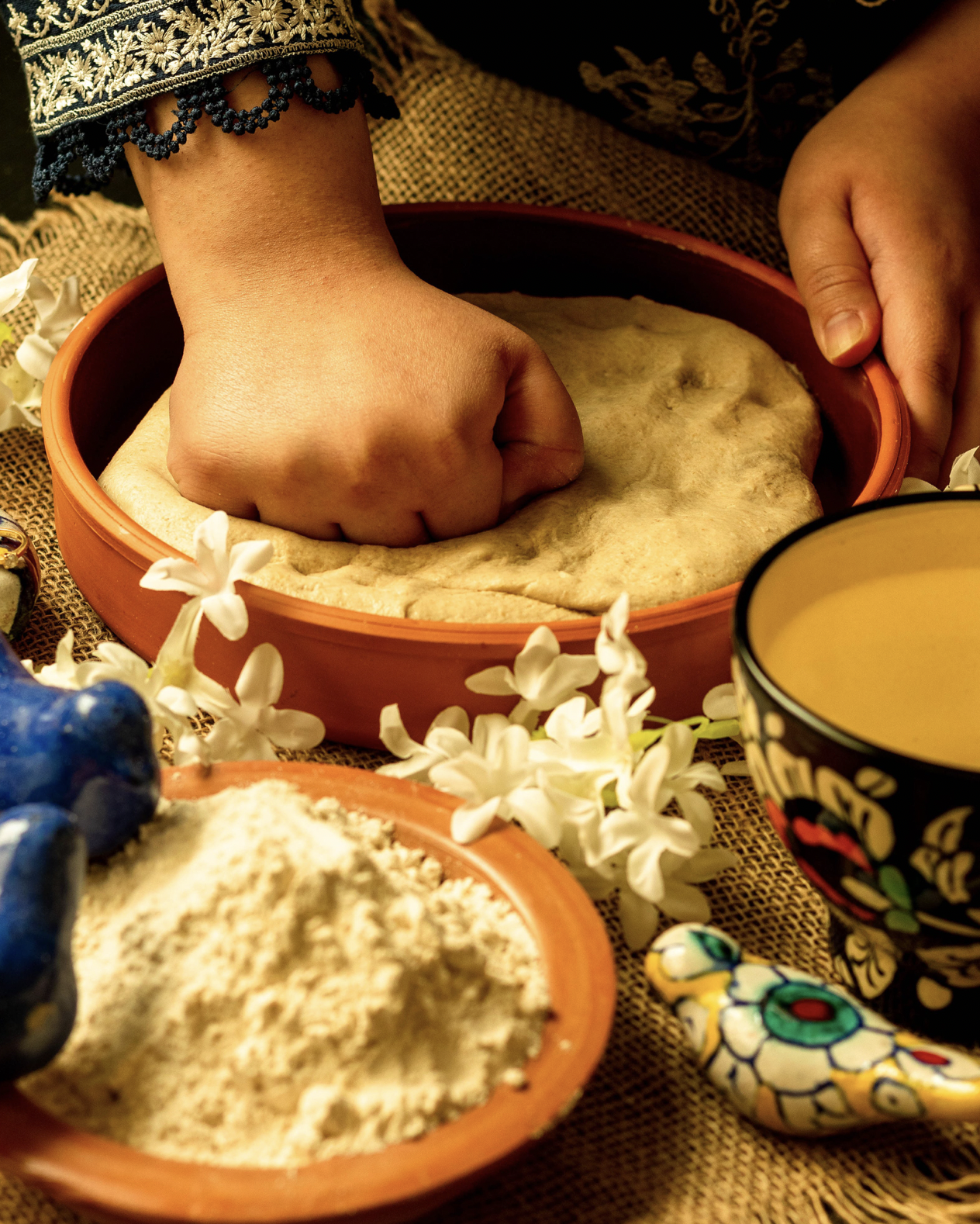
Fermented foods have long been a source of nourishment and sustenance for humans, when we think of fermented products sourdough bread is invariably the first thing to come to mind. During the COVID-19 pandemic the world saw a rising interest in making sourdough bread, making it the most common fermented food known today, creating a platform upon which others came into the limelight. Within this hype and spin it is easy to forget that there are and have been versions of fermented foods for thousands of years as a result of ancient civilizations. The first thing that comes to mind when I say sourdough bread are crusty round loaves of golden brown bread— not Naan, Idli, or Dosa, despite being fermented forms of bread/ flatbreads. Indigenous fermented foods of South Asia are rarely recognized as such— within the region and throughout the world, even though they are components of daily diets across the South Asian continent. The westernization of fermented foods has created a disconnect between the representation and acknowledgment of indigenous fermented foods across the world. The rich culinary history associated with presence of one of the world's oldest civilizations— the Indus Valley civilization, brings to light that fermentation has been a longstanding practice within the South Asian region.